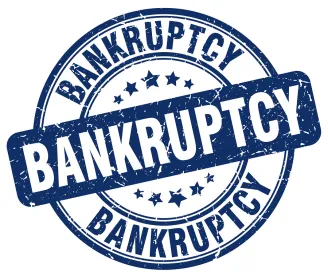What Is the "Rule in Gibbs"?
The rule in Gibbs is a long-established common law principle in which the Court of Appeal determined that a debt governed by English law cannot be discharged or compromised by a foreign insolvency proceeding (Anthony Gibbs and Sons v La Société Industrielle et Commerciale des Métaux (1890) 25 QBD 399). The rule in Gibbs remains a fundamental tenet of English insolvency law.
Why Does the Rule in Gibbs Matter?
The practical and legal application of the rule in Gibbs safeguards creditors' rights on cross-border deals and, in recent times, has provided particular comfort to lenders active in the emerging markets. However, the rule has also been subject to heavy criticism on the basis that it is not conducive to cross-border co-operation, in particular in the context of modern day cross-border insolvency proceedings.
Back in the Spotlight
The rule in Gibbs was back in the spotlight in 2018 in Bakhshiyeva v Sberbank of Russia [2018] EWHC 59 (Ch). International Bank of Azerbaijan (IBA) had entered into a voluntary restructuring proceeding in Azerbaijan in May 2017, proposing a restructuring plan to its creditors. A small number of those creditors, whose obligations were governed by English law, objected to the plan. IBA obtained a temporary moratorium in England under the Cross-Border Insolvency Regulations whilst foreign proceedings were ongoing in Azerbaijan.
Upon conclusion of those proceedings, and lapse of such temporary moratorium, the dissenting creditors sought to enforce their English law debts against IBA's English assets. IBA applied to the Court of Appeal seeking a permanent moratorium on those claims.
The Court of Appeal held that a permanent moratorium would be more than simply procedural but would rather go to the substance of creditors' claims meaning that the court would, essentially, be ordering the discharge of such claims. This was prohibited by the rule in Gibbs and, in denying the permanent moratorium, the Court of Appeal upheld the precedent established therein.
The Challenge
It is widely anticipated that IBA will challenge the ruling (note that although the Court of Appeal refused IBA leave to appeal to the Supreme Court, IBA may now apply directly to the higher court for permission). If IBA makes such a challenge and is successful, English-law governed debt could then potentially be subject to compromise under foreign insolvency proceedings, a prospect that will be unsettling to cross-border lenders.
What Do We Think?
Lenders may need to give consideration to the potential implications for their debt portfolios if the rule in Gibbs were to be overturned in the Supreme Court. Debt governed by the laws of jurisdictions other than England, for instance New York law, may not provide the safeguards to creditors offered by the rule in Gibbs. It remains to be seen whether the Supreme Court will be persuaded by IBA's arguments. We will keep you updated on this case as it proceeds.




 />i
/>i

